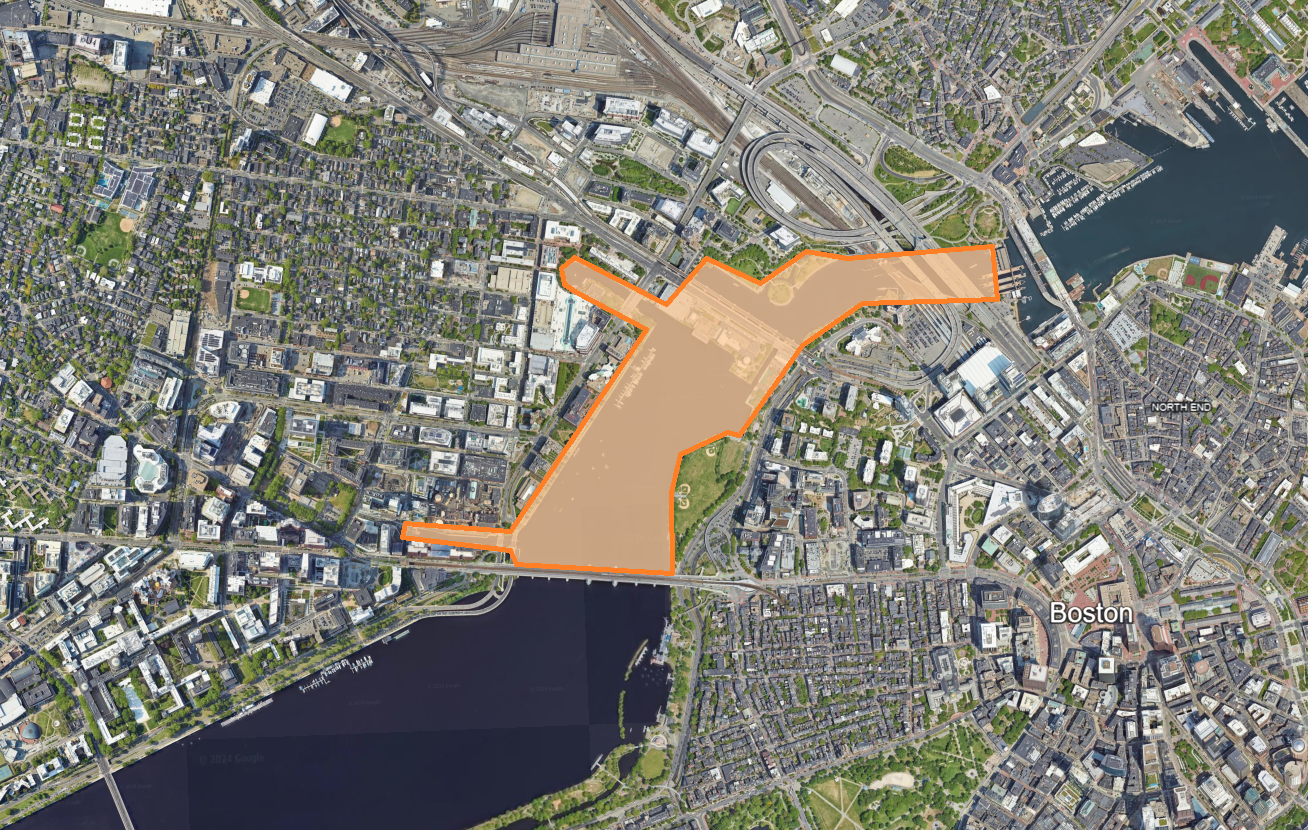HEALTH ADVISORY: CYANOBACTERIA ALGAE BLOOM IN THE CHARLES RIVER
Avoid Contact with Water Downstream of Longfellow Bridge - Broad Canal, Lechmere Canal, North Point Park, Lederman Park
BOSTON – September 20, 2024 – The Boston Public Health Commission (BPHC) is alerting residents that the Massachusetts Department of Public Health (DPH) has issued a public health advisory for the Charles River, downstream of the Longfellow Bridge, due to a bloom of blue-green algae, also known as cyanobacteria. A visual assessment of the river, conducted by DPH staff, identified the presence of cyanobacteria cells at levels exceeding DPH guidelines for recreational waterbodies in Massachusetts. Cyanobacteria produces toxins that can make people and pets sick. Residents are urged to avoid contact with the water and any areas of algae concentration, even on shore.
Charles River downstream of the Longfellow Bridge (Broad Canal, Lechmere Canal, North Point Park, and Lederman Park) is temporarily closed to water activities. During the closure, park visitors cannot:
-
Swim, fish, boat or engage in other recreational activities on or in the water
-
Allow dogs to swim in or drink the water
See the map with precise location at the bottom of the release.
If you, your child, or your dog comes in contact with the water, rinse off immediately.
Blue-green algae can form harmful blooms in lakes, ponds, and rivers that make the water murky, and can sometimes make the water look like pea soup or paint. Blue-green algae blooms can produce toxins that may make people and pets sick. Toxins may be present within the algae cells or in the water.
For humans, the primary concern is ingestion of water containing blue-green algae while swimming. Direct skin contact with the blue-green algae and inhalation of water droplets containing blue-green algae or toxins is a secondary concern. For dogs, the primary concern is the ingestion of water containing blue-green algae or scum that has washed ashore or gotten onto their skin or fur.
Contact may cause skin and eye irritation, and inhalation can cause respiratory irritation and exacerbate pre-existing respiratory conditions. Toxins are not absorbed through the skin. Ingestion of blue-green algae can cause acute gastrointestinal symptoms, such as vomiting and diarrhea. If the blue-green algae are producing toxins, the health effects can be more serious, especially for children and small pets due to their smaller body weights. Ingestion of the toxins can cause acute gastrointestinal distress and, depending on the specific toxin, can affect the functioning of the liver, kidneys, and/or neurological systems and in severe cases can result in death.
Call your veterinarian immediately if your dog has been around an algae bloom and shows symptoms such as vomiting, staggering, drooling, or convulsions. These symptoms present themselves soon after exposure. Dogs have been known to eat the scum that washes ashore and/or lick scum out of their fur. In Massachusetts and in many other states, canine deaths have been documented due to the ingestion of harmful algae.
When will this advisory be lifted?
Algae blooms may last for weeks in the summertime or may disappear quite quickly. The Massachusetts Department of Public Health (DPH) will continue to monitor cyanobacteria algae levels in this area. DPH will conduct sampling for laboratory analysis once the bloom has dissipated. DPH requires two rounds of samples collected a week apart that are below the threshold of 70,000 cells/milliliter of water to determine that the advisory can be lifted.
If you have any questions, concerns, or would like more information, please call the Mayor’s Health Line at 617-534-5050.
###


